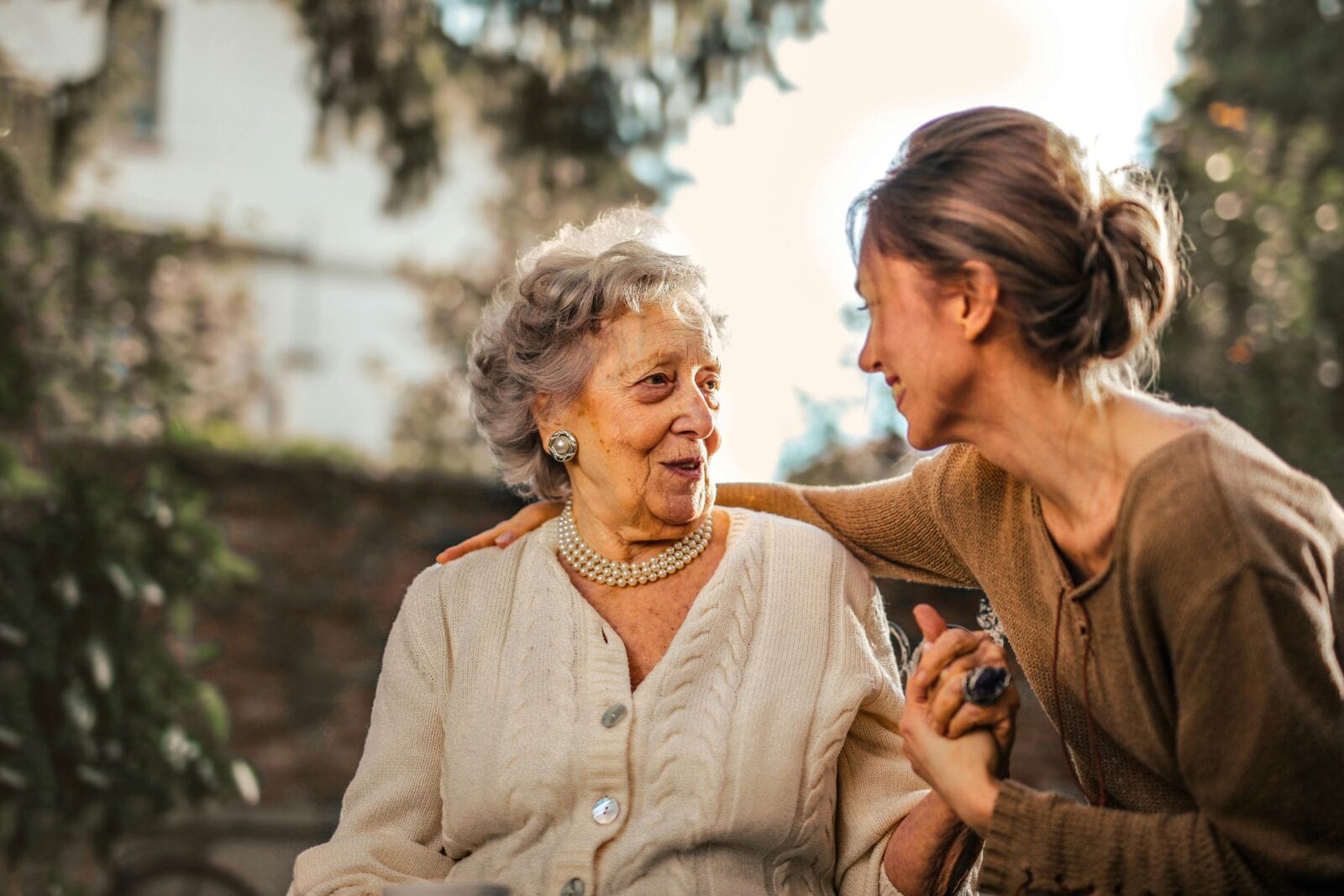Introduction: Growing Attention on Guardianship Abuse
A legal arrangement called guardianship, or conservatorship in some states, is intended to provide protection for people who are judged incapable of taking care of themselves or handling their financial matters. This encompasses those who are old, disabled, or experiencing mental health problems. Guardianship assigns a guardian—often a family member or professional—to manage the person’s life decisions, including finances, healthcare, and daily living circumstances.
Although guardianship is meant to be protective, guardianship abuse is becoming all too widespread. Guardians may abuse their position for control or personal benefit. The darker side of guardianship has come to light through high-profile conflicts, such Britney Spears’ fight for autonomy, which has sparked discussions about autonomy, legal control, and the possibility of exploitation.
Britney Spears’ Fight for Freedom
In recent times, Britney Spears’s 13-year battle to end her conservatorship—which started in 2008—has garnered significant attention. Following a string of personal setbacks, the pop sensation was placed under conservatorship, with her father Jamie Spears designated as her conservator. As a result, her father gained considerable influence over her financial situation, professional choices, and personal affairs, including relationships and medical care.
As the singer expressed her dissatisfaction and wish to restore her independence, Spears’ conservatorship came under more and more criticism. She spoke in court in 2021, calling the conservatorship oppressive and pointing out how it interfered with even her most basic rights, including having children and handling her own finances.
Her admirers spearheaded the #FreeBritney movement, which went viral and raised awareness to the problem of guardianship abuse in the United States. Spears finally won a significant victory in November 2021 when the conservatorship was finally lifted, capping the public outrage and court struggle.
The case of Britney Spears brought to light the power disparities that can occur in guardianships and the ease with which the system can ensnare those who are capable of handling their own affairs. Since then, legislators have been motivated by her tale to review conservatorship legislation and propose changes that would provide conservatorship recipients greater safeguards.
Nichelle Nichols: A Fight for Elder Rights
In her latter years, Nichelle Nichols, who gained fame from her portrayal of Lieutenant Uhura in Star Trek, became embroiled in a guardianship dispute. When Nichols’s dementia-related health started to deteriorate, her son Kyle Johnson requested guardianship, expressing worries for her welfare. However, this led to a disagreement between Johnson and Nichols’ close friends, who claimed that Nichols’ autonomy was being unfairly restricted and that she was being isolated.
Significant issues regarding senior autonomy and rights were brought up by the circumstance. Admired by viewers for her ground-breaking television performance, Nichols came to represent the difficulties faced by many older people when family members take over their lives—even when they mean well. The Nichols case has spurred discussion on the morality of guardianship for the elderly, especially in cases where family members differ over the person’s care and inheritance rights.
This case highlights the difficult balancing act of safeguarding senior citizens from harm while making sure their freedom and rights are not unduly restricted.
Brooke Astor: A Tale of Financial Exploitation
The story of socialite and philanthropist Brooke Astor of New York serves as another evidence of the financial abuse that can take place in guardianships. As Astor’s health declined, her only son Anthony Marshall was given guardianship. Astor was well-known for her humanitarian activities. In a startling turn of events, Marshall was subsequently charged with taking advantage of his mother’s deteriorating health and misappropriating millions of dollars from her estate while serving as her guardian.
The possibility of financial exploitation was highlighted by Marshall’s mishandling of his guardianship responsibilities, particularly when sizable estates are at stake. The court case demonstrated how readily the assets of an elderly person could be mishandled or pilfered by people who are supposed to be looking out for them.
Marshall’s case raised awareness of how guardianships can be abused for personal advantage, particularly when the person under guardianship is incapable or uninformed of what is happening. Marshall was ultimately found guilty of grand larceny among other offenses.
Broader Implications: Guardianship Reform and Safeguards
The high-profile guardianship system reform requests have grown as a result of the situations of Brooke Astor, Nichelle Nichols, and Britney Spears. These incidents have highlighted the possibility of abuse, including restricting someone’s autonomy without a valid reason, abusing their personal freedom, or taking advantage of an elderly person’s resources.
Stronger legal monitoring, including more regular guardianship arrangement reviews and increased courtroom transparency, is something that reform proponents support. Alternatives to guardianship, like assisted decision-making, which preserves an individual’s autonomy while providing direction and support with significant life decisions, have also been advocated by some.
Improved reporting and investigation procedures are also required, as is verification that guardians are operating in the best interests of the people entrusted to their care.
Conclusion: The Path Forward
The situations involving Brooke Astor, Nichelle Nichols, and Britney Spears highlight the need for reform and the possibility of guardianship agreements being abused. Stronger safeguards are desperately needed in the system to prevent misuse and exploitation, even though guardianship may be required to protect vulnerable individuals.
The drive to change guardianship rules and safeguard the liberty of people placed under such legal arrangements is only becoming stronger as more examples come to light. We can contribute to preventing future abuses and guaranteeing justice for all by making sure guardianship is only used as a last resort and that persons under it are given a say in their care.




